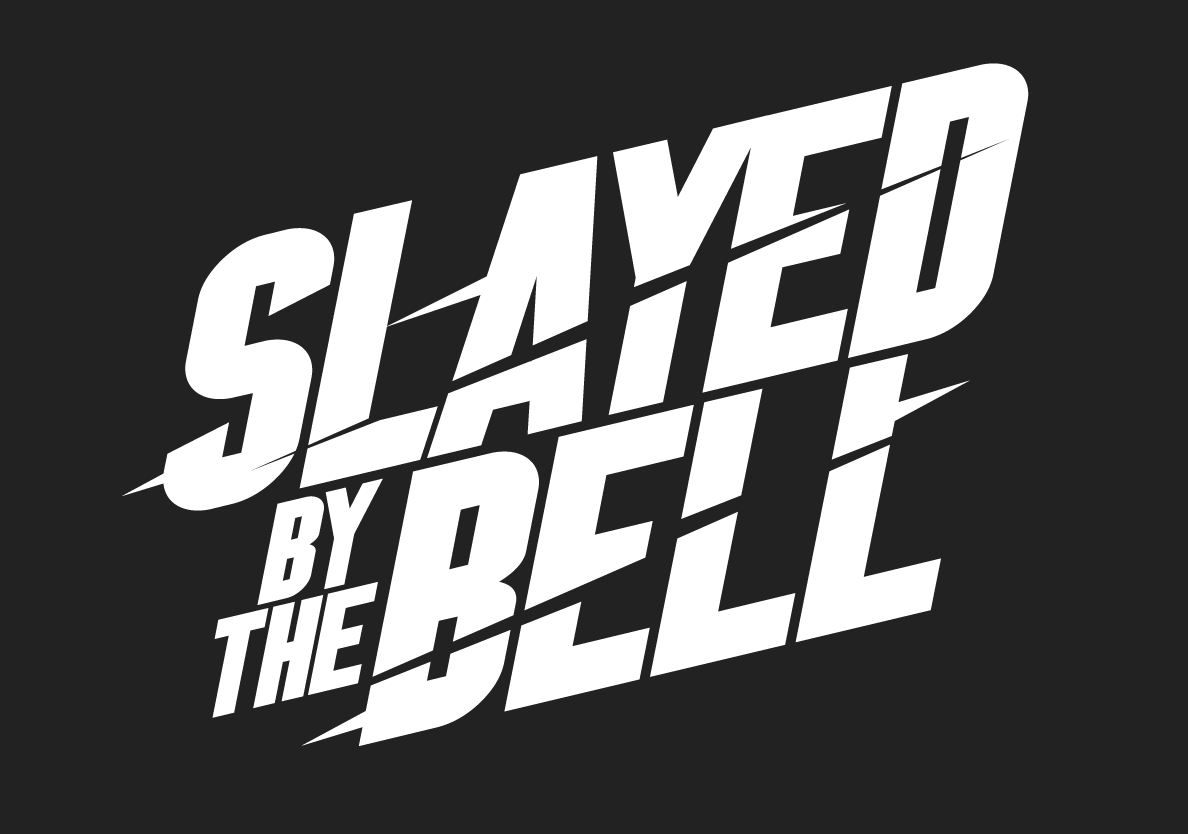Exposing Schools’ double standards: Economic vs social relationships
A stark dilemma haunts the corridors but it is not the foul stench of SLT polluting the corridor as they come to deliver a fresh set of laminated bullshit that “must be displayed in every classroom”. Instead, it’s a paradox where goodwill, vital for harmonious school-staff relations, is now treated as a commodity. This isn’t an abstract concept; it’s a predicament with real repercussions for teachers, students, and education in general.
Problem
The fundamental issue: the exploitation of educators’ goodwill. School leaders, intoxicated by the allure of a corporate facade (ordinary teachers playing CEO), have deviated from their core mission of educating students to chase profit-driven agendas in their £100k+ 4x4s. They expect teachers to exude generosity and dedication, yet fail to acknowledge that goodwill is not a one-way street. It’s the product of genuine, reciprocal relationships, not a transactional exchange dictated by the bottom line…ffs this is basic shit! This exploitation erodes morale, sows seeds of resentment, and undermines the essence of education itself.
Causes
The roots of this can be traced back to a range of factors that have gradually reshaped education. One prominent factor is the pervasive influence of neoliberal ideology, which has infiltrated educational policy-making and institutional governance. Under neoliberal principles, schools are often framed as entities that must operate with efficiency and cost-effectiveness, mirroring corporate structures rather than nurturing environments. This ideological shift has led to the adoption of business-oriented practices, and not only practices such as ‘who can wear the most Bryl cream’ or ‘who can get to the golf course before dinner’, but also other shit like, cost-benefit analysis and return on investment type crap. Further reading (The Business Dress Myth and Branding Vs Substance)
Furthermore, the commodification and academisation of education has exacerbated the problem. As schools face increasing pressure to compete in a market-driven educational market, the focus on financial viability becomes paramount. This emphasis on economic sustainability often comes at the expense of holistic approaches to education, relegating teacher-staff relationships waaaaaay down the list of importance. In this profit-driven paradigm, educators are reduced to mere cogs in the machinery of education, valued primarily for their economic output rather than their intrinsic worth as mentors. [So, if you request a catch-up session, don’t be fucking surprised if I ask for compensation for my labour. It’s only fair that I treat you the same way you treat me, valuing my time and expertise. You can’t have it both ways – setting an economic tone but expecting social favours].
Another contributing factor is the erosion of trust and autonomy in the teaching profession. Let’s face it, schools have really burned… scratch that, napalmed some bridges. Over time, I have witnessed a massive erosion of professional autonomy, as top-down directives and standardised micro-management dictate the parameters of teaching. This erosion of autonomy not only fucking destroys teacher morale but also diminishes the sense of ownership and investment in the educational process. This isn’t fucking rocket science: When teachers feel disempowered and micromanaged, the natural inclination towards fostering goodwill and building meaningful relationships with colleagues and administrators diminishes.
Effects
The pervasive commodification of education and the erosion of goodwill amongst staff has profound implications for student well-being and academic achievement. At its core, education is a relational enterprise, dependent on the quality of interactions between teachers and students. When educators are burdened by economic pressures and disillusionment, the quality of these interactions inevitably suffers. Reduced morale among teachers translates into decreased engagement and motivation, leading to a decline in student performance and achievement. Sadly, I see this so often.
‘Respect the architect, never test the eloquent’
Aesop Rock – none shall pass
Moreover, the erosion of goodwill undermines the sense of community and belonging within schools and despite leadership forever dropping words like ‘family’ and ‘together’ faster than you can sya ‘hypocrisy’. A culture of distrust and cynicism saturates the environment, eroding the foundations of collaboration and collective responsibility. It might seem tenuous but in such an environment, students are deprived of the supportive networks and nurturing relationships that are essential for their social and emotional development.
Addressing these issues requires a concerted effort to prioritise the intrinsic value of education and invest in the professional autonomy and well-being of educators… ‘staff first’ might be a welcome motto. Only by reimagining education as a collaborative endeavour grounded in trust and mutual respect can we hope to cultivate thriving learning environments that nurture the potential of every student.
Solutions
Breaking free from this process of exploitation demands bold and decisive action. Schools must reorientate their priorities towards fostering genuine relationships built on mutual respect and appreciation. This entails fostering a culture of transparency and accountability, where teachers are valued as partners rather than expendable commodities. Additionally, proactive measures such as fair compensation for after-school sessions, recognition of extracurricular contributions, and opportunities for (meaningful) professional development can help rekindle the flames of goodwill among teaching staff.
Conclusion
We cannot afford to perpetuate a system where educators are treated as expendable resources rather than invaluable pillars of our society (cast your eye over the staff retention and teacher recruitment figures). It’s incumbent upon all stakeholders—educators, administrators, policymakers, and parents—to mobilise in pursuit of a brighter future for our schools. Light the beacons, call for reform, for the sake of our students, our educators, and the integrity of education. Don’t expect favours unless our relationship is informal and social. But if it remains formal and economic, as Jerry Maguire said, ‘Show me the [fucking] money!’ Clear boundaries are essential!

